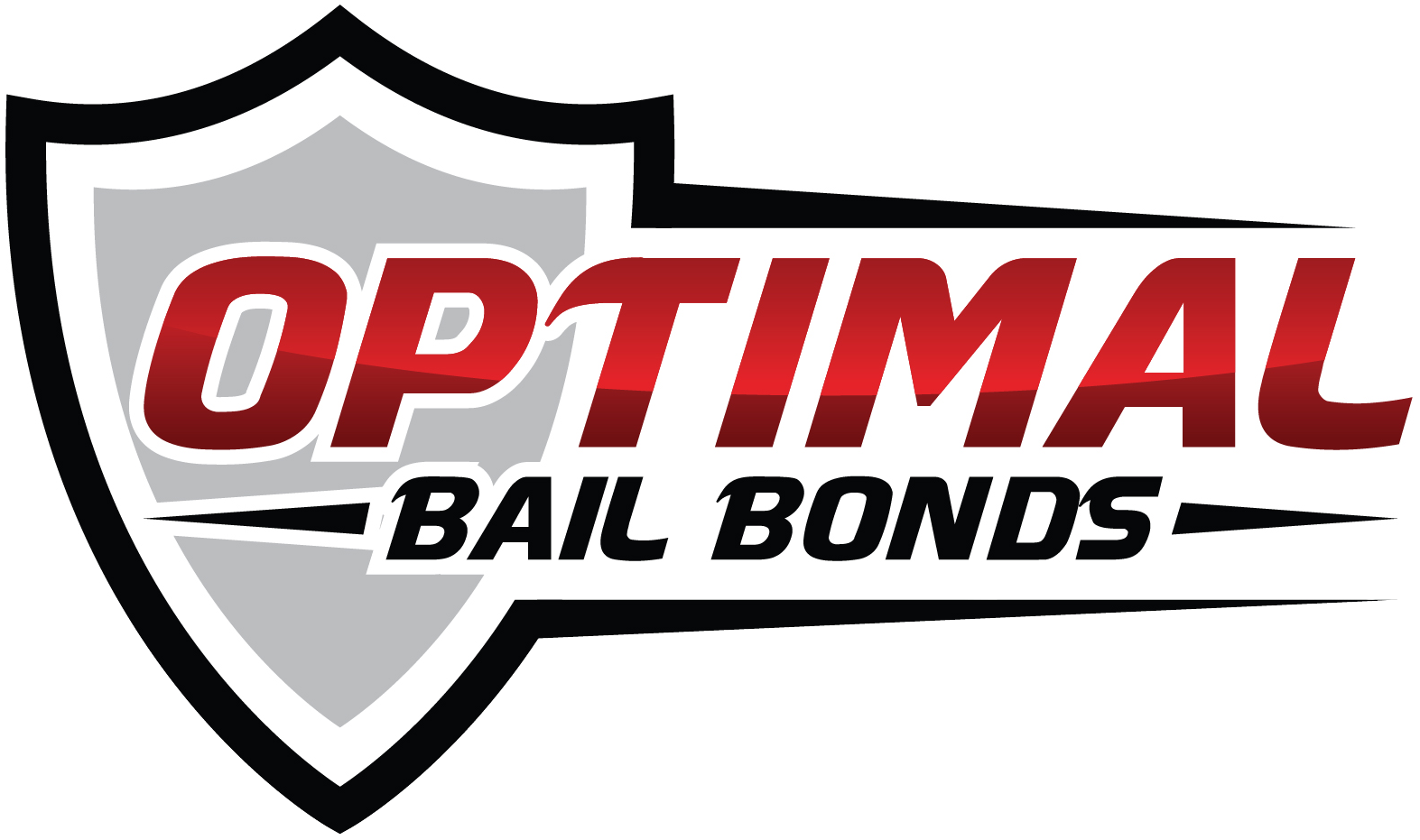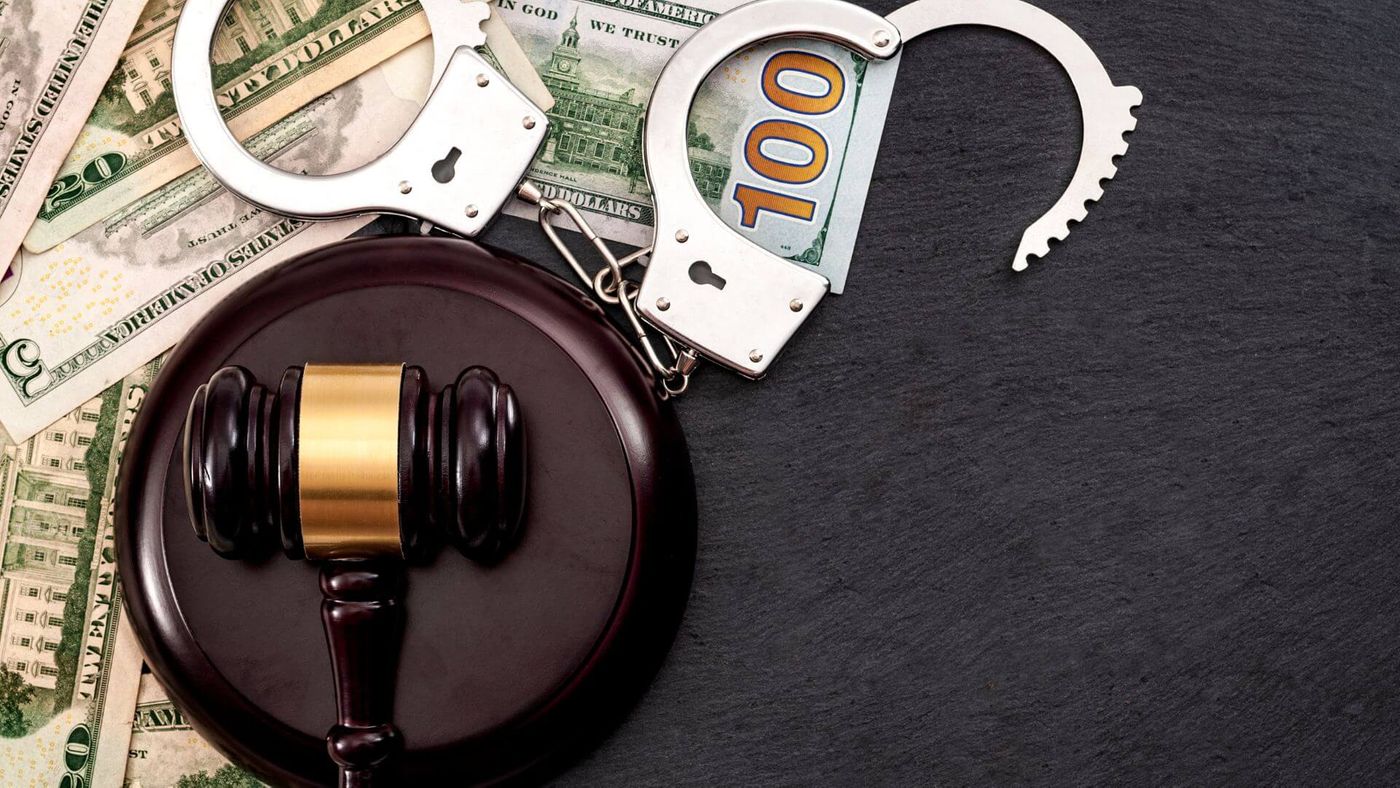Myth 1: You Need a Large Amount of Money to Start
One of the most pervasive myths is that you need a significant amount of capital to get started as a bail bondsman. While there are initial costs, such as licensing fees, surety bond premiums, and potentially office setup expenses, the financial barrier to entry is often much lower than people assume.
- Licensing Costs: The cost to obtain a license as a bail bondsman or limited surety agent in Florida varies but is generally manageable.
- Surety Bond Premium: This is typically a small percentage of the total bond amount you will be underwriting, making it more affordable.
- Operating Expenses: Many bail bondsmen operate from small offices or even from home, especially when starting out, which keeps overhead costs low.
The idea that you need a large amount of money to enter this field is largely a myth. With careful planning and the right resources, starting a bail bonds business is within reach for many people.
Myth 2: Bail Bondsmen Work Alone
Another common misconception is that bail bondsmen operate entirely on their own, facing all risks and challenges solo. In reality, bail bondsmen in Florida often work closely with a network of professionals, including attorneys, law enforcement, and other bondsmen. Additionally, many are part of larger agencies or firms that provide support, resources, and share responsibilities.
- Insurance Companies: Bail bonds are underwritten by insurance companies, which means bondsmen have the backing of these larger entities when issuing bonds. This partnership reduces personal financial risk and offers additional resources.
- Collaborative Networks: Bail bondsmen frequently collaborate with others in the legal and law enforcement community to ensure that defendants appear in court, further mitigating risk.
These professional networks and partnerships mean that bail bondsmen are far from being solitary operators; they are part of a broader system that supports their success.
Myth 3: Bail Bondsmen Are Like Bounty Hunters
There’s a widespread belief, fueled by media portrayals, that bail bondsmen are like bounty hunters, chasing down individuals who fail to appear in court. In Florida, this is not the case. The primary role of a bail bondsman is to secure the release of a defendant by posting bail on their behalf, not to pursue those who skip court.
- Administrative Role: The main responsibilities of a bail bondsman involve paperwork, ensuring compliance with legal procedures, and managing the financial aspects of posting bail.
- Locating Defendants: If a defendant fails to appear in court, the bail bondsman may take steps to locate the individual, but this process is strictly regulated and does not involve the dramatic activities often associated with bounty hunting.
This myth is largely a result of dramatized media representations that fail to accurately depict the true nature of the profession in Florida.
Myth 4: Bail Bondsmen Take Advantage of Desperate People
There’s a stereotype that bail bondsmen exploit individuals in desperate situations by charging exorbitant fees. While it’s true that bail bondsmen charge a premium for their services (typically around 10-15% of the total bail amount), these fees are regulated by Florida state law. Moreover, bail bondsmen provide a crucial service that allows defendants to secure their freedom while awaiting trial—freedom they might not otherwise afford.
- Regulated Fees: Florida law governs the percentage that can be charged for bail bonds, ensuring fair pricing.
- Providing a Service: Bail bondsmen enable individuals to continue their lives—work, care for their families, and prepare for court—without being detained, which is critical for those who cannot afford to pay bail upfront.
Rather than taking advantage of people, bail bondsmen provide an essential service that helps balance the justice system.
The profession of a bail bondsman or limited surety agent in Florida is often misunderstood, with many myths clouding the reality. With proper licensing, support from insurance companies, and regulated fee structures, the supposed barriers to entry or ethical concerns are largely unfounded. By debunking these myths, we hope to offer a clearer understanding of what it means to work in this field and encourage a more informed perspective on the profession.

